Nandala pledges interest-free capital, strict controls on moneylenders
According to Nandala, the proposed seed capital package will target markets, youth groups, bodaboda stages and women’s SACCOs across all districts.
FDC presidential candidate James Nathan Nandala Mafabi addressing his supporters during his campaign trail on Thursday (November 27) in Wakiso, Makindye Ssabagabo and Entebbe. (Photos by Alfred Ochwo)
________________
Forum for Democratic Change (FDC) presidential candidate James Nathan Nandala Mafabi has pledged that an FDC government, when elected, will provide sh3 million seed capital to small businesses and strictly regulate moneylenders, whom he accuses of trapping Ugandans in cycles of debt and poverty.
Speaking during his campaign trail on Thursday (November 27) in Wakiso, Makindye Ssabagabo and Entebbe, Nandala said the revival of Uganda’s economy requires injecting affordable capital directly into market women, youth enterprises and small traders who are currently struggling with high-interest loans.
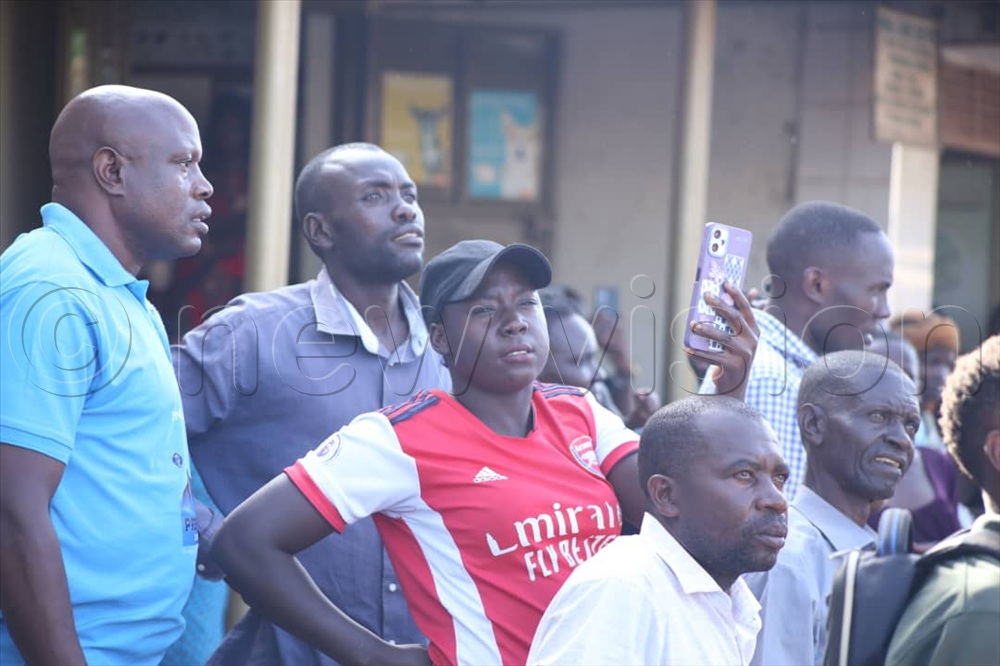
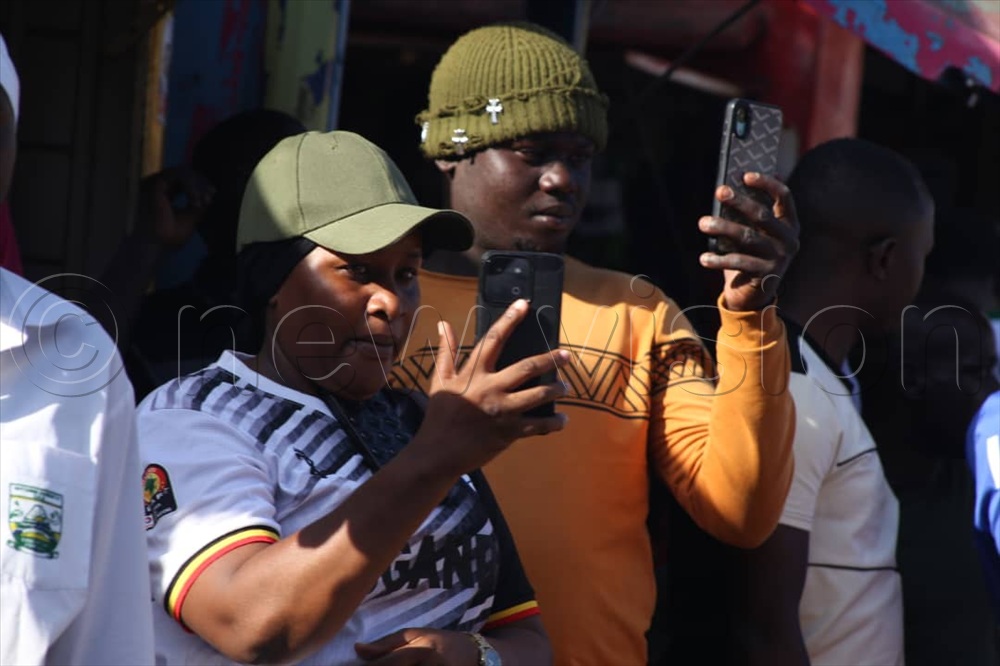
He said Uganda’s informal sector would flourish if supported with accessible capital, adding that small businesses form the backbone of the economy yet remain neglected.
He accused moneylenders of operating freely at the expense of vulnerable citizens, allegedly with the knowledge of the current government.
According to Nandala, the proposed seed capital package will target markets, youth groups, bodaboda stages and women’s SACCOs across all districts. He said the funds will be interest-free for one year and accompanied by financial training to help beneficiaries grow sustainably.
Nandala also announced a major economic reform plan to introduce a new currency intended to flush out untaxed money allegedly kept by corrupt officials in private homes.
He explained that all Ugandans would be required to deposit their money in banks in exchange for new notes, arguing that such a measure would expose illicit wealth and stabilise the economy.
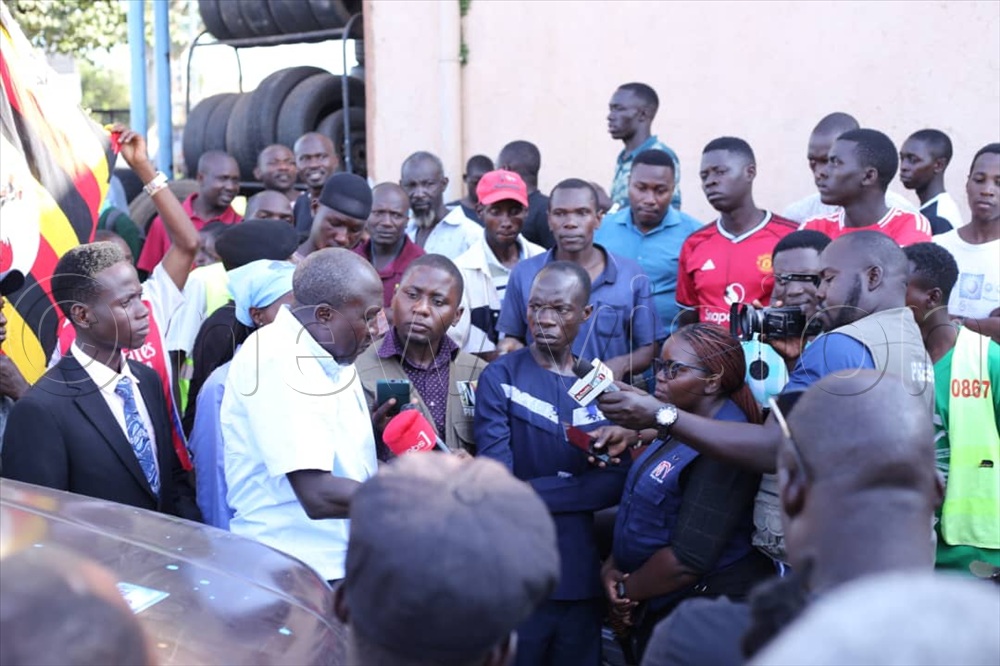
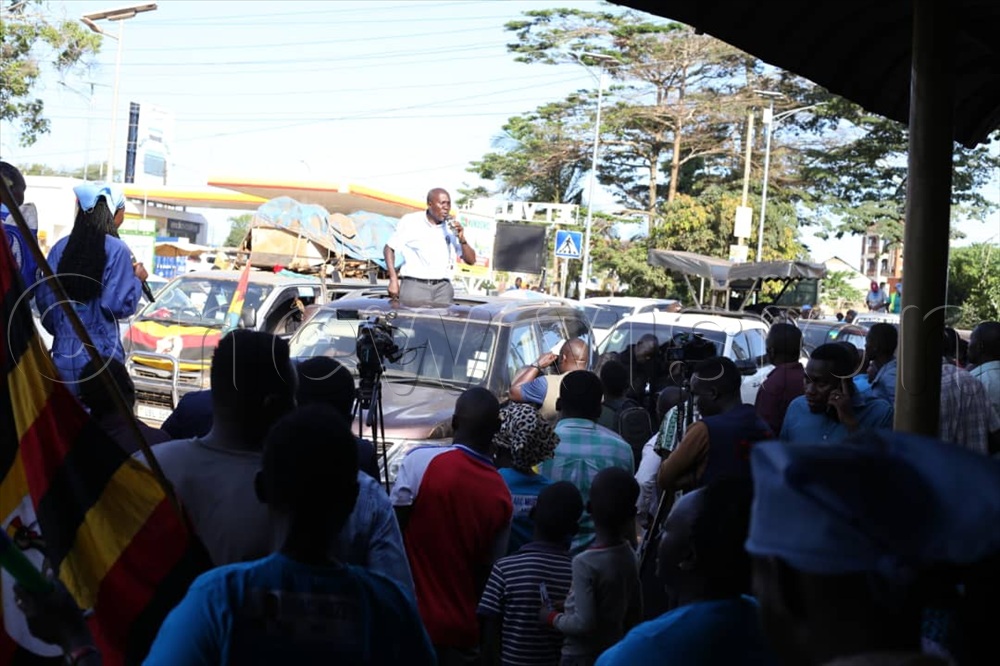
He linked hidden cash to inflation, unemployment and general economic instability, arguing that the shilling is overvalued because of large sums of unaccounted-for money circulating outside the formal system.
Now 59 days into his nationwide campaign, Nandala said he has witnessed a country in urgent need of rescue, citing poor roads, water shortages and the rising number of street children.
He said many market women work solely to repay moneylenders, a situation he described as evidence of widespread economic failure.
He argued that 86 percent of Ugandans are struggling to survive, while only 14 percent are able to support others, which he said reflects a collapsing economy.
During his campaigns in Makindye Division and Entebbe, Nandala said Uganda can no longer ignore the country’s worsening housing crisis, which has forced millions into slums and unsafe living conditions.
His plan includes building affordable homes for government employees, fast-tracking infrastructure in rapidly growing areas and ensuring full enforcement of the Building Control Act.
He said an FDC government from 2026 to 2031 will offer long-term, affordable mortgages nationwide and provide free homes to elderly persons above 70 years who are living in poor conditions. These measures, he said, are realistic and will reshape Uganda’s housing sector.
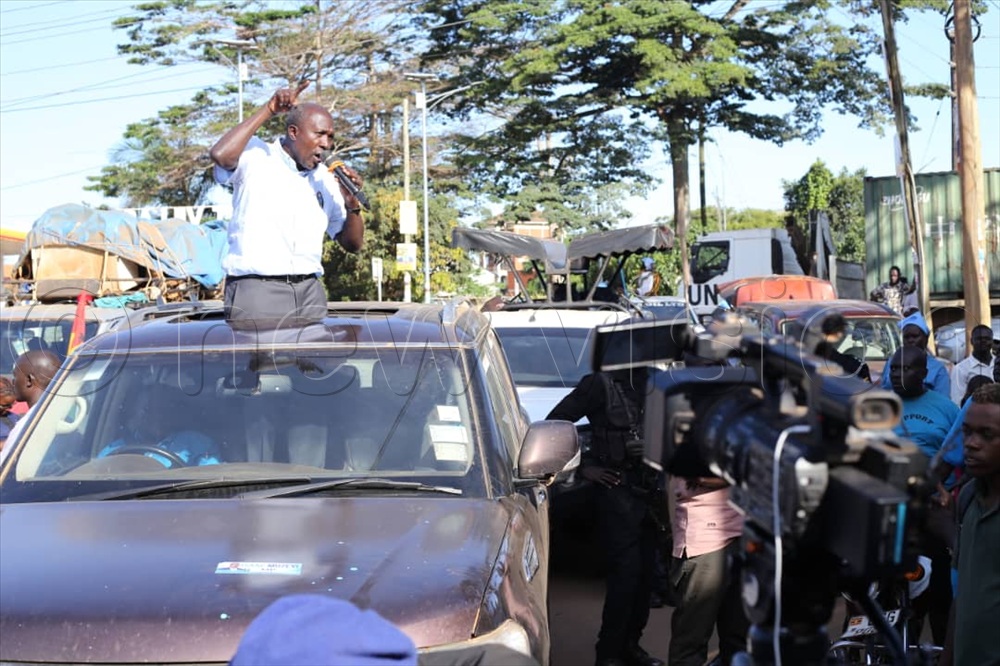
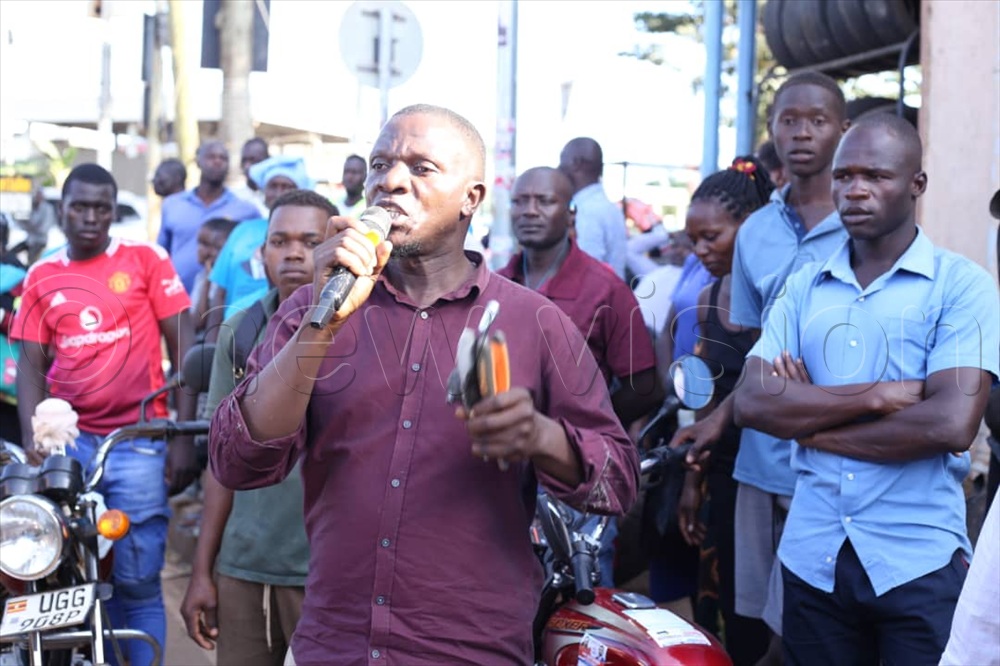
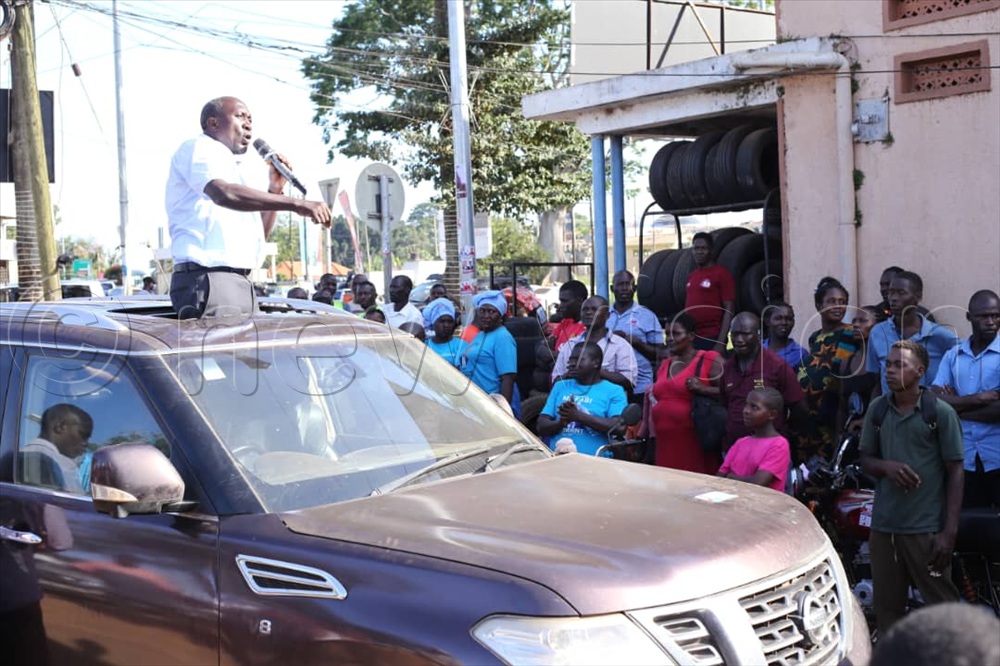
He argued that stable income and decent housing are essential for families to live dignified lives and said his manifesto prioritises economic reform and ending corruption to achieve this.
Uganda currently faces a housing deficit of 2.4 million units, with 60 percent of urban residents living in slums. Nandala said that investment in housing would also create thousands of jobs for young people.
Addressing frustrations among urban populations, he referred to Kampala Capital City Authority data showing over 500,000 boda bodas in the city.
He said an FDC government would provide motorcycles at sh2 million, with riders paying sh400,000 annually, and pledged an 80 percent tax reduction on imported motorcycles.
He also promised to tarmac feeder roads in Makindye and improve urban transport to reduce operational costs for traders and residents.
In Entebbe, resident Salongo Kajubi asked Nandala how he intends to address what he described as a “valueless” shilling.
Nandala said this is precisely why currency reform is essential, arguing it would stabilise the shilling and ensure money in circulation reflects real productivity.
Najjemba Joreen, the FDC flag bearer for Wakiso Woman MP, told the New Vision that market women in Wakiso sustain much of the country’s economy yet struggle alone.
She said Nandala’s proposals represent dignity and opportunity for communities long burdened by high-cost credit.